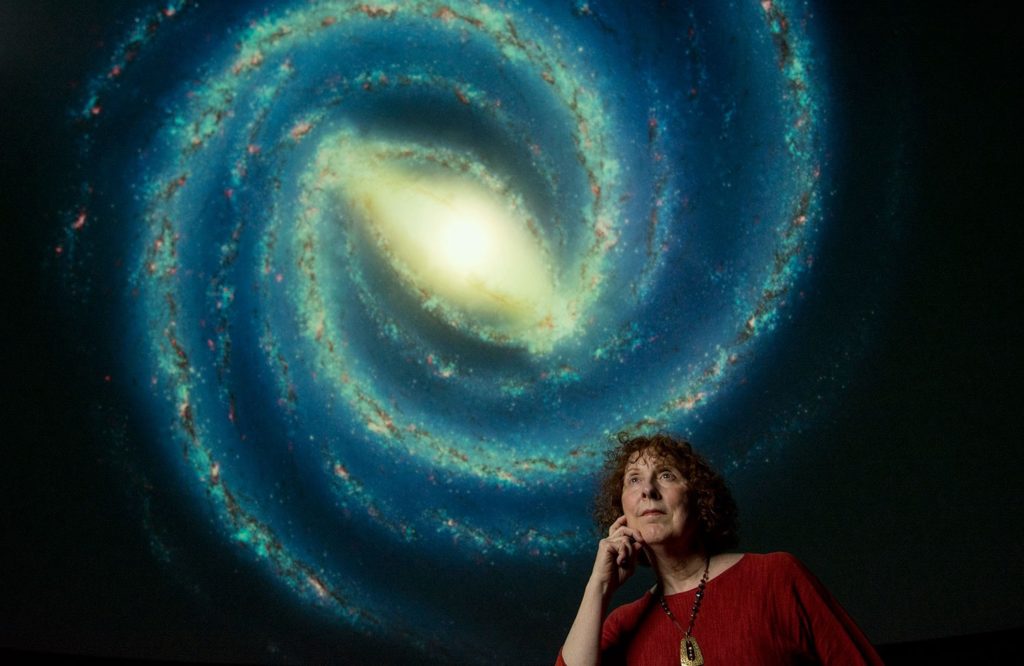
Perhaps one day we’ll send a spacecraft to a rocky planet orbiting Proxima Centauri. And perhaps the first images arriving back from across 4.2 light years of space will feature a purple Proxima Centurian peering straight back into the camera.
In the popular imagination, alien life has tended to focus on the take-me-to-your-leader/humans-as-snacks variety. Those who have been paying attention, though, know that the life we’re most likely to find on Proxima b, Mars or anywhere else will be microscopic. That sort of life might have very little resemblance to the microbes we’re used to here on Earth.
This gives rise to what appears at first to be a scientific problem, but which in fact something else entirely. The question of how to recognize alien microbes, which astrobiologists assume to be the universe’s most common life form, is to no small degree a philosophical challenge. Philosopher Carol Cleland has been a leading voice in helping NASA and the astrobiology community figure out ways not to miss extraterrestrial microbes right under our robotic emissaries’ noses. [more]
